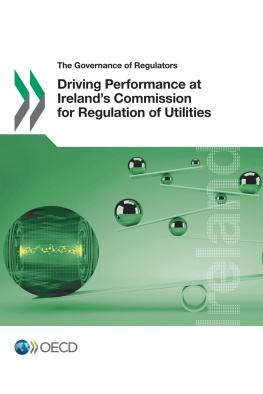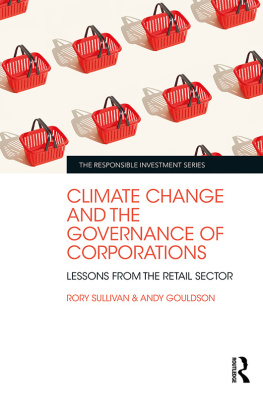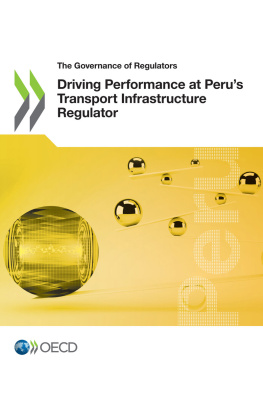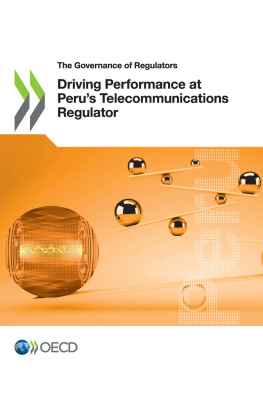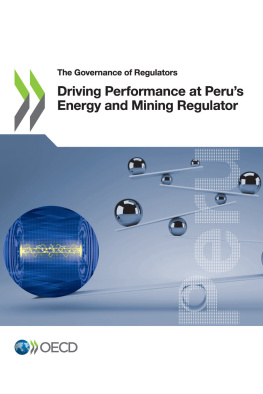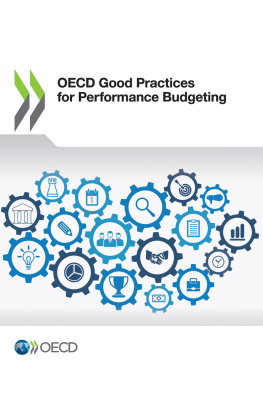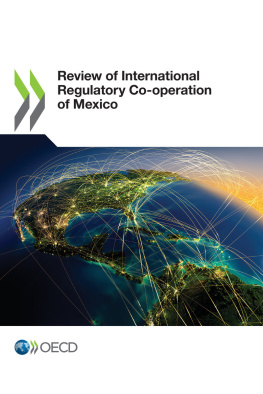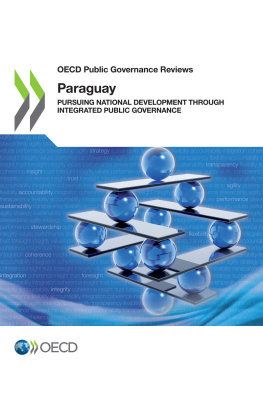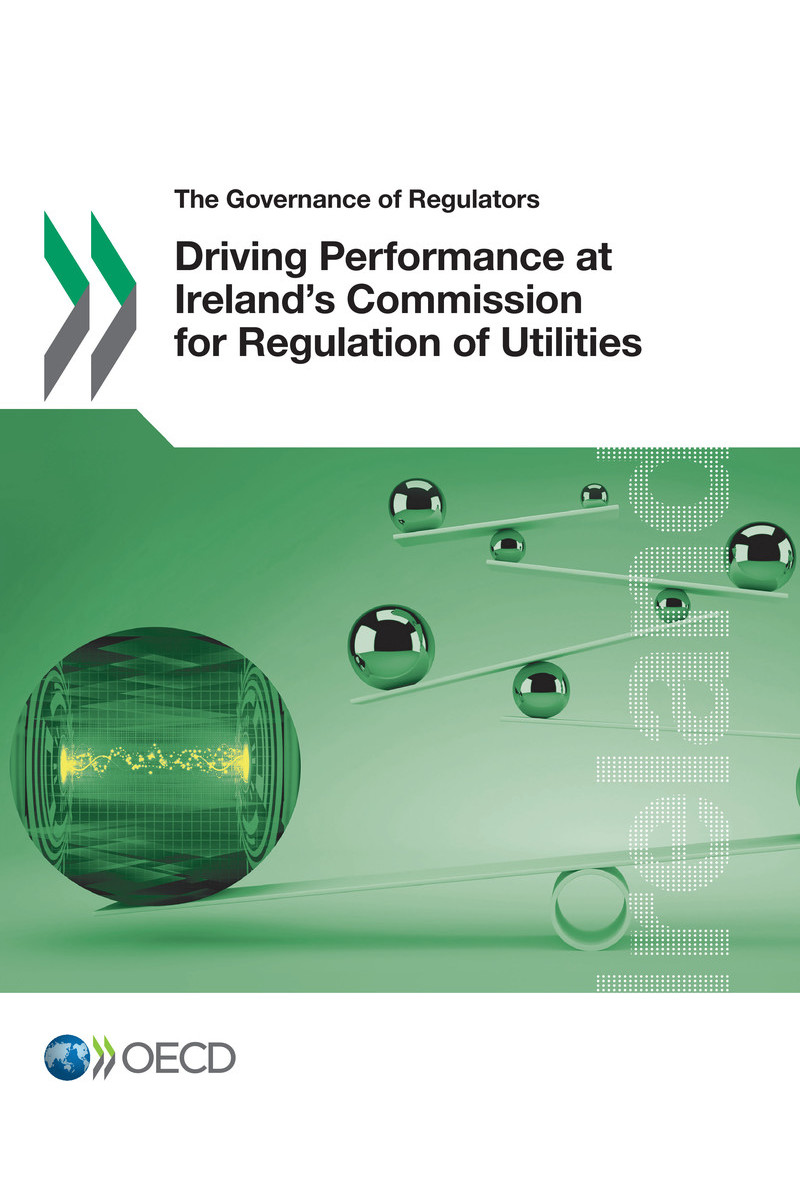Metadata, Legal and Rights
ISBN: 978-92-64-18994-2 (print) - 978-92-64-19006-1 (pdf) - 978-92-64-29075-4 (epub)
DOI: http://dx.doi.org/10.1787/9789264190061-en
Series: The Governance of Regulators
ISSN: 2415-1432 (print) - 2415-1440 (online)
Revised version, February 2017
Details of revisions available at: http://www.oecd.org/about/publishing/Corrigendum-Driving_Performance_Ireland.pdf
This work is published under the responsibility of the Secretary-General of the OECD. The opinions expressed and arguments employed herein do not necessarily reflect the official views of OECD member countries.
This document, as well as any data and any map included herein, are without prejudice to the status of or sovereignty over any territory, to the delimitation of international frontiers and boundaries and to the name of any territory, city or area.
The statistical data for Israel are supplied by and under the responsibility of the relevant Israeli authorities. The use of such data by the OECD is without prejudice to the status of the Golan Heights, East Jerusalem and Israeli settlements in the West Bank under the terms of international law.
Photo credits: Cover Leigh Prather - Fotolia.com, Mr.Vander - Fotolia.com, magann - Fotolia.com.
Corrigenda to OECD publications may be found on line at: www.oecd.org/publishing/corrigenda .
OECD 2018
You can copy, download or print OECD content for your own use, and you can include excerpts from OECD publications, databases and multimedia products in your own documents, presentations, blogs, websites and teaching materials, provided that suitable acknowledgement of OECD as source and copyright owner is given. All requests for public or commercial use and translation rights should be submitted to .
Foreword
The business of regulating is becoming increasingly less technocratic and more sophisticated. Complexity, technological advancement and societal change are transforming the way that regulatory agencies operate. Traditionally tasked with ensuring access to and quality of public services, facilitating investments, and protecting market neutrality, regulators today are dealing with greater demands in a context of uncertainty. They need to be flexible, robust and aware able to react to new trends, stand up to scrutiny, and actively collect and analyse data and information. Against this backdrop, good governance is all the more essential.
The OECD has developed a framework to help regulators assess and strengthen their organisational performance by looking at both internal and external governance. Internal governance refers to organisational structures, behaviour, accountability, business processes, reporting and performance management; external governance, to the roles, relationships, distribution of powers and responsibilities with other government and non-government stakeholders.
This report applies the OECD framework to the Irish Commission for Regulation of Utilities (CRU), responsible for regulating energy markets, energy safety, and public water and wastewater services in Ireland. The review finds that the CRU is a mature and well-performing regulator that has, among some of its achievements, facilitated Irelands transition from monopolistic gas and electricity sectors to fully competitive markets, and expanded its regulatory remit to include energy safety, the joint-oversight of the all-island Single Electricity Market between Ireland and Northern Ireland, and water regulation.
While the CRU has successfully adapted to meet its growing mandate, it is also facing a number of new challenges. These include external factors such as Brexit and European energy reforms that add complexity to the future governance of Irish utilities. Moreover, a rapidly transforming market requires the CRU to regulate emerging technologies and to deliver and effectively communicate on increasingly sophisticated products, such as smart meters.
The report recommends a package of integrated reforms to help the CRU prepare for the future. These recommendations are intended to complement the CRUs ongoing efforts to improve its governance processes in line with best practices. The review underlines the importance for the CRU of setting and communicating priorities more assertively as an independent regulator, building its culture of independence internally and with external stakeholders, seeking more flexibility in managing its human resources, better aligning its strategic objectives with resources and outcomes for a stronger narrative of its activities and results, and, based on this, reinforcing its accountability system. These integrated reforms can help the CRU more effectively consolidate its role and responsibilities, match its resources to outputs, and communicate its performance to all stakeholders across government, industry and the public.
This report is part of the OECD work programme on the governance of regulators and regulatory policy, led by the OECD Network of Economic Regulators and the OECD Regulatory Policy Committee with the support of the Regulatory Policy Division of the OECD Directorate of Public Governance. The Directorates mission is to help government at all levels design and implement strategic, evidence-based and innovative policies that support sustainable economic and social development.
Acknowledgements
This report was co-ordinated and prepared by Anna Pietikainen and Shelly Hsieh. The work underlying the report was led by Filippo Cavassini and Faisal Naru, with substantive inputs from Filippo Cavassini and Nick Malyshev, Head of the Regulatory Policy Division, and with the encouragement and support of Marcos Bonturi, Director, Public Governance Directorate. Special thanks go to Rolf Alter and Luiz de Mello, respectively Director and Deputy Director of the Public Governance Directorate when the review was launched and conducted for their support and inputs. Jennifer Stein co-ordinated the editorial process. Kate Lancaster and Andrea Uhrhammer provided editorial support.
The team included three peer reviewers from the members of the OECD Network of Economic Regulators (NER), who participated in a policy mission to Ireland and provided extensive inputs and feedback throughout the development of the review: Mr. Alberto Biancardi, Commissioner, Regulatory Authority for Electricity, Gas and Water (AEEGSI), Italy; Mr. Andrew Burgess, Associate Partner, Office of Gas and Electricity Markets (OFGEM), United Kingdom; and Mr. Carlos de Rgules, Executive Director, Agency for Safety, Energy and Environment (ASEA), Mexico.
The report would not have been possible without the support of the Commission for Regulation of Utilities (CRU) and its staff. The team would in particular like to thank the following colleagues for their unique assistance in collecting data and information, organising the teams missions to Ireland and providing feedback at different stages of the development of the review: Paul McGowan, Chairperson; Garrett Blaney and Aoife MacEvilly, Commissioners; Laura Brien, Director of Energy Markets; Maeve Kennedy and Mairead Byrne, Personal Assistants. Ann McGarry, Director of Energy Safety; Sheenagh Rooney, Director of Water, Customer Care and Operations; and John Melvin, Director of Energy Networks and Legal also provided valuable inputs. Interviews and comments from various government, industry and public stakeholders during the review process also contributed to the analysis presented in the report.

